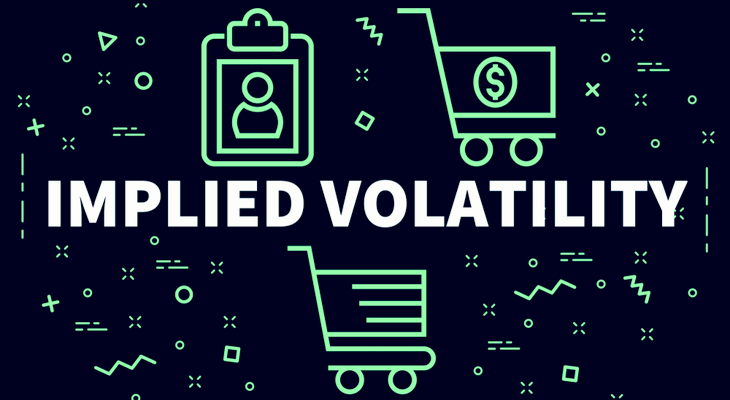What is IV Rank? IV rank or implied volatility rank is a metric used to identify a security’s implied volatility compared to its IV history and is an important metric for day traders. If I were to tell you that a stock’s implied volatility is 50%, you might think that is high, until I told […]











